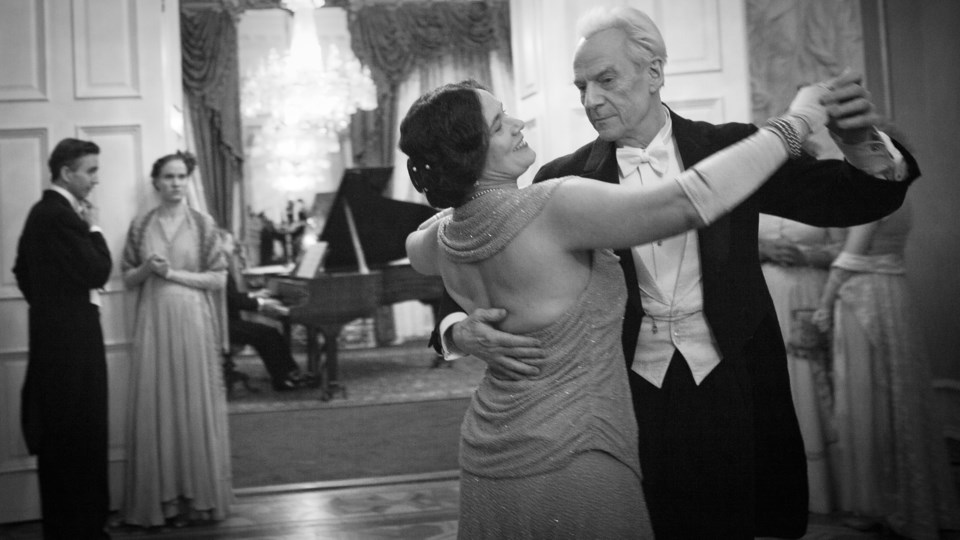The Last Sentence, an old school master class from Swedish director Jan Troell, is one of the entries gracing this yearâs European Union Film Festival, which runs until Dec. 4 at the Cinémathèque.
The art house theatre annually screens new and recent films from across greater Europe in partnership with the embassies and consulates of the European Unionâs member states. The 2014 festival includes entries from 27 of the 28 EU countries (with the exception of Malta).
At the age of 82, Troell was edging toward retirement before he came across the true story of anti-fascist Swedish journalist Torgny Segerstedt, who was editor-in-chief of the liberal daily Göteborgs Handels- och Sjöfartstidning from 1917 to 1945.
After Hitlerâs rise to power in 1933, Segerstedt regularly wrote editorials critical of the German leader, which became increasingly dangerous as time wore on and Sweden tried to maintain âneutralityâ while its friends and neighbours were attacked by the Nazis.
In The Last Sentence (taken from a line in the Old Norse poem âHávamálâ), Troell tells the historic tale of a complex man in sumptuous black and white with cinematographer Mischa Gavrjusjov using all aspects of shading to the filmâs advantage. Thereâs nothing black and white about Segerstedt the man.
Although ostensibly dealing with public events, Troell, like Jean Renoir and Ingmar Bergman before him, focuses on the intimate details of family life and its relationship with the larger world. Segerstedtâs Jewish mistress (and wife of a colleague) complicated his life in so many ways in what was already a very precarious time.
The cast is uniformly excellent. Danish actor Jesper Christensen plays Segerstedt, Bergman collaborator Pernilla August is his mistress Maja Forssman, Bjorn Granath is cuckolded colleague Axel Forssman and Swedish comic Ulla Skoog is Segerstedtâs long-suffering wife.
The Last Sentence screens Nov. 28, 6:30 p.m. at the Cinematheque. Details at thecinematheque.ca.



